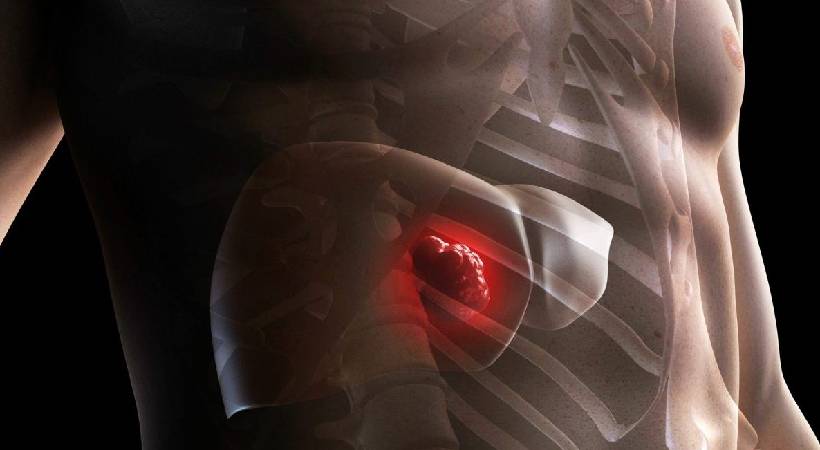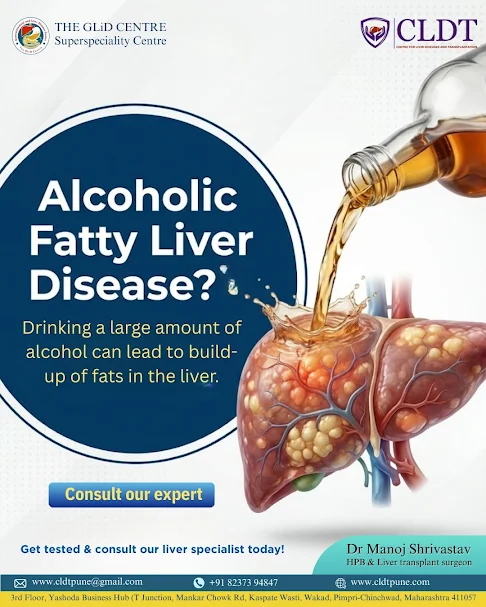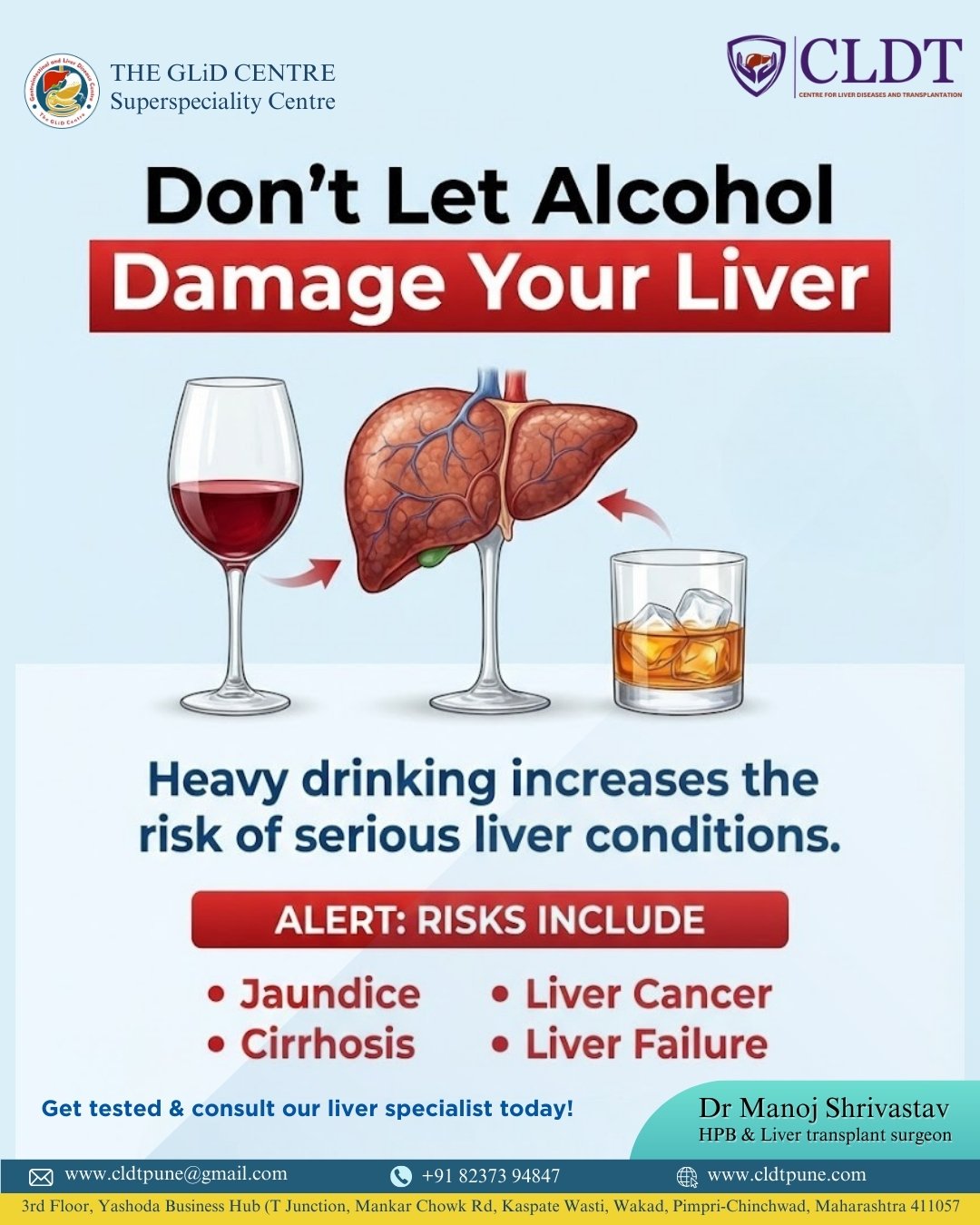Your liver is one of the most vital and hardworking...

Liver tumors are abnormal growths of cells in the liver. While some liver tumors are benign (non-cancerous), others are malignant (cancerous) and can spread to other parts of the body. Understanding the different types, causes, symptoms, and treatment options for liver tumors is crucial for early detection and effective management.
Types of Liver Tumors:
- Hepatocellular carcinoma (HCC): This is the most common type of primary liver cancer, accounting for about 75-85% of all liver cancer cases. HCC usually develops in people with underlying liver diseases such as cirrhosis or chronic hepatitis B or C infection.
- Intrahepatic cholangiocarcinoma: This type of liver cancer starts in the bile ducts within the liver. It accounts for about 10-20% of primary liver cancers. Risk factors for intrahepatic cholangiocarcinoma include chronic liver diseases, bile duct disorders, and certain infections.
- Hepatoblastoma: This rare type of liver cancer primarily affects children under the age of 4. While the exact cause is unknown, certain genetic conditions and birth defects may increase the risk of hepatoblastoma.
- Metastatic liver tumors: These are tumors that have spread (metastasized) to the liver from cancer originating in other parts of the body, such as the colon, pancreas, lung, or breast. Metastatic liver tumors are more common than primary liver cancer.
Causes and Risk Factors:
The exact cause of most liver tumors is often unknown, but several factors may increase the risk of developing them:
- Chronic viral hepatitis B or C infection
- Cirrhosis, which is often caused by chronic alcohol abuse, non-alcoholic fatty liver disease (NAFLD), or chronic viral hepatitis
- Exposure to aflatoxins, a type of toxin produced by molds found on improperly stored grains and nuts
- Certain genetic conditions, such as hereditary hemochromatosis, Wilson’s disease, and alpha-1 antitrypsin deficiency
- Obesity and metabolic syndrome
- Diabetes
- Excessive alcohol consumption
- Smoking
- Family history of liver cancer
Symptoms:
Liver tumors may not cause any symptoms in the early stages. However, as the tumor grows or spreads, the following signs and symptoms may develop:
- Abdominal pain or discomfort, especially in the upper right portion
- Swelling or a lump in the abdomen
- Unexplained weight loss
- Loss of appetite
- Nausea and vomiting
- Jaundice (yellowing of the skin and eyes)
- Fatigue
- Weakness
- Easy bruising or bleeding
Diagnosis:
Diagnosing liver tumors typically involves a combination of imaging tests, blood tests, and sometimes a biopsy:
- Imaging tests such as ultrasound, CT scan, MRI, or PET scan can help detect the presence, location, size, and extent of liver tumors.
- Blood tests may reveal abnormal liver function or tumor markers.
- A biopsy involves removing a small sample of liver tissue for examination under a microscope to determine whether the tumor is benign or malignant.
Treatment Options:
Treatment for liver tumors depends on several factors, including the type and stage of the tumor, as well as the patient’s overall health. Treatment options may include:
- Surgery: Surgical removal of the tumor (resection) may be an option for localized liver tumors that have not spread to other parts of the body.
- Liver transplant: In cases of severe liver damage or multiple tumors, a liver transplant may be considered.
- Ablation therapy: Techniques such as radiofrequency ablation (RFA), microwave ablation (MWA), or cryoablation may be used to destroy small liver tumors.
- Radiation therapy: External beam radiation therapy or internal radiation therapy (brachytherapy) may be used to target and shrink liver tumors.
- Chemotherapy: Chemotherapy drugs may be used alone or in combination with other treatments to destroy cancer cells or slow tumor growth.
- Targeted therapy: Targeted drugs may be used to block specific pathways involved in cancer cell growth and spread.
- Immunotherapy: Immunotherapy drugs help boost the body’s immune response to target and destroy cancer cells.
Conclusion:
Liver tumors can be benign or malignant growths that originate in the liver or spread to it from other parts of the body. Early detection, accurate diagnosis, and timely treatment are essential for improving outcomes and quality of life for individuals with liver tumors. Maintaining a healthy lifestyle, avoiding risk factors such as excessive alcohol consumption and chronic viral hepatitis infection, and undergoing regular screenings can help reduce the risk of developing liver tumors. If you experience any symptoms suggestive of liver tumors, consult your healthcare provider for evaluation and appropriate management.
Real Patients, Real Stories
Liver Transplant and Biliary Sciences Blogs
Understanding Alcoholic Fatty Liver Disease (AFLD)
By Dr. Manoj Shrivastav — Liver Specialist, Pune The liver...
Liver Damage Due to Alcohol: Causes, Risks,
Alcohol consumption has become a common part of modern lifestyles....
Pune’s New Identity in Liver Transplantation :
यकृत प्रत्यारोपणातील पुण्याची नवी ओळख : डॉ. मनोज श्रीवास्तव यांचे...





